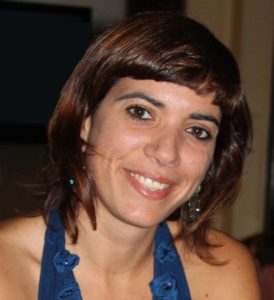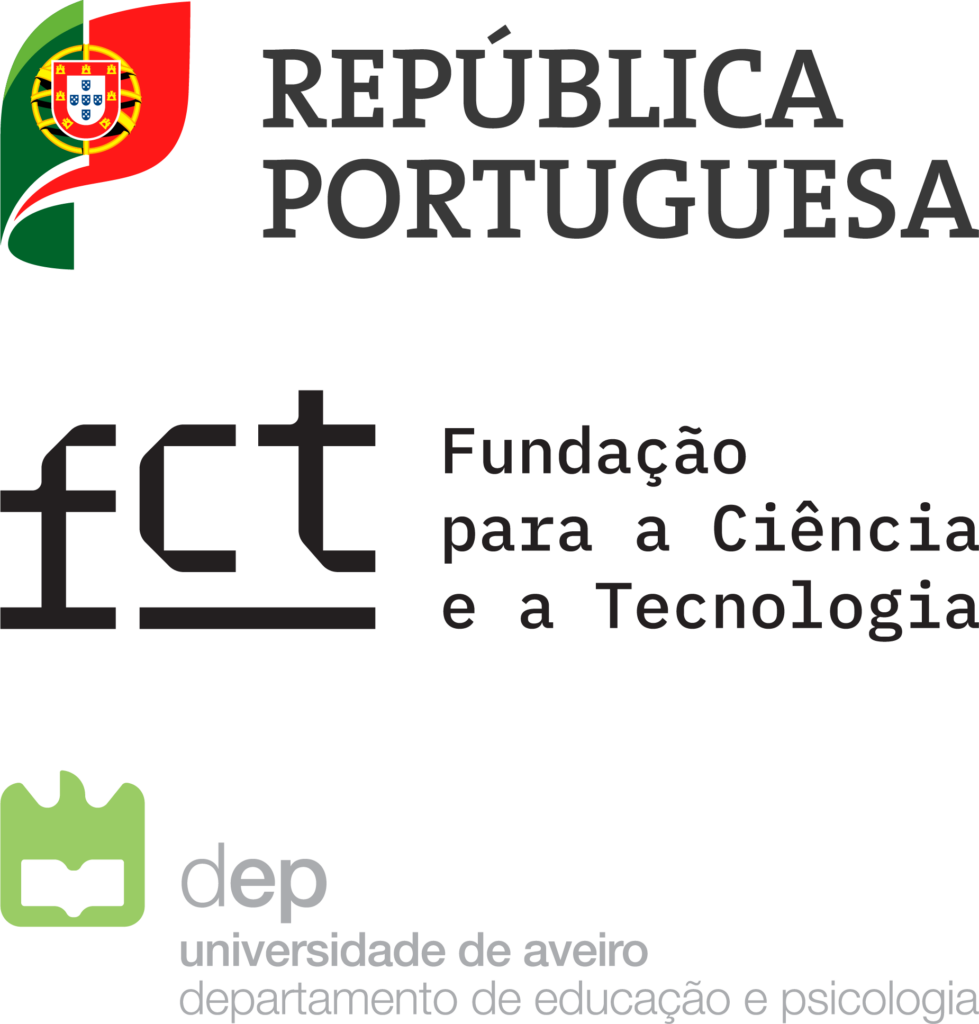 Congratulamos Vânia Carlos, investigadora e bolseira de pós-doutoramento do CIDTFF, integrada no Laboratório de Conteúdos Digitais (LCD) a quem foi atribuída uma das 8 bolsas de pós-doutoramento do painel de “Ciências da Educação”.
Congratulamos Vânia Carlos, investigadora e bolseira de pós-doutoramento do CIDTFF, integrada no Laboratório de Conteúdos Digitais (LCD) a quem foi atribuída uma das 8 bolsas de pós-doutoramento do painel de “Ciências da Educação”.
A Fundação para a Ciência e a Tecnologia (FCT) divulgou, dia 31 de janeiro, os resultados do Concurso aberto em 2016 para a Atribuição de Bolsas de Doutoramento e Pós-Doutoramento, no qual foram atribuídas 800 bolsas de doutoramento e 400 de pós-doutoramento. De entre o total de 1200 bolsas, foram atribuídas 49 no painel de “Ciências da Educação”, 41 bolsas de doutoramento e 8 de pós-doutoramento.
Sobre o projeto de Vânia Carlos:
Título: “Technology-enhanced places as new learning environments outside the classroom: smart open cities and schools learning collaboratively”
Resumo:
“This study addresses the disarticulation between municipal and schools’ educational projects by outlining Technology-enhanced Places (TEP) and Context-Aware Learning (CAL) strategies within Smart Open Cities and Schools Learning (SOCSL) framework. It answers the research questions: How to promote the dialogue between municipalities and schools towards the implementation of educational and territorially interventional projects, where schools and cities learn collaboratively? How can technology contribute to the implementation of educational strategies within the scope for SOCSL? The methodology is Community-Based Participatory Research (CBPR) within the context of the School Grouping of Gafanha da Nazaré (SGGN). SOCSL strategies include Ílhavo Municipality and regional stakeholders, by: concerting Municipality and SGGN Educational Projects; dynamizing co-design workshops, a virtual platform and a web-based Photovoice map; outlining good practices and adjustments to Municipal and School Educational Projects. It also contributes towards students´ school engagement, stakeholders´ involvement and educational projects´ sustainability, by implementing the CBPR methodology.”
Orientação: António Moreira e António Neto-Mendes (CIDTFF) e Angela Schwering




